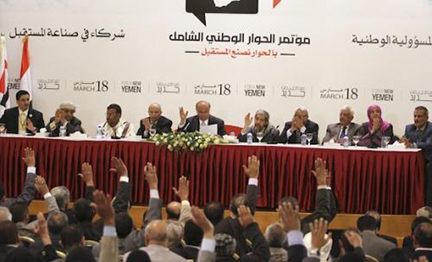
Celebrating Saudi Arabia’s National Day
In case you missed it, September 23 was Saudi Arabia’s National Day, the oil-driven nation’s 4th of July. Not surprisingly many people, proud of their country, took to the streets to celebrate. But what is good for the state is not necessarily seen as good for the faith, especially in the conservative Wahhabi/Salafi variety that weds tribal origin with a dogmatic theology. The tension between a strict form of Islamic practice and the diversity that instills cultural practices has always been a problem, perhaps even more so with the wealth economy that the current generation of Saudi youth has grown up in. In 1927 King Abdul Aziz established the Committee for Promotion of Virtue and The Prevention of Vice. In short this is known as the “religious police.” For those less familiar with Islamic doctrine, this relates back to the classic Quranic principle of al-amr bi- al-maÊ¿ruf wa-al-nahy Ê¿an al-munkar, generally translated as commanding right and and forbidding wrong. There is a long history about the use of this penchant phrase, analyzed in detail by Michael Cook in his Commanding Right and Forbidding Wrong in Islamic Thought (Cambridge University Press, 2010), a work of over 700 pages.
Abdullah Hamidaddin has written an interesting commentary on a recent tragedy on the Saudi National Day in which a car of religious police chased a vehicle that apparently was thought to contain two drunken men. In the chase the car careened off the road, killing the driver and his brother. The religious police fled the scene, but the chase was captured on a cell phone video. When the video was posted to social media, there was an outcry to rein in the zealous religious police. In this case it turned out the men had not been drinking.
What were these “thought police” thinking? I say “thought” rather than “religious” police, because the very nature of the committee leads to a kind of witchcraft mentality. Continue reading Thought Police: What were they thinking?









